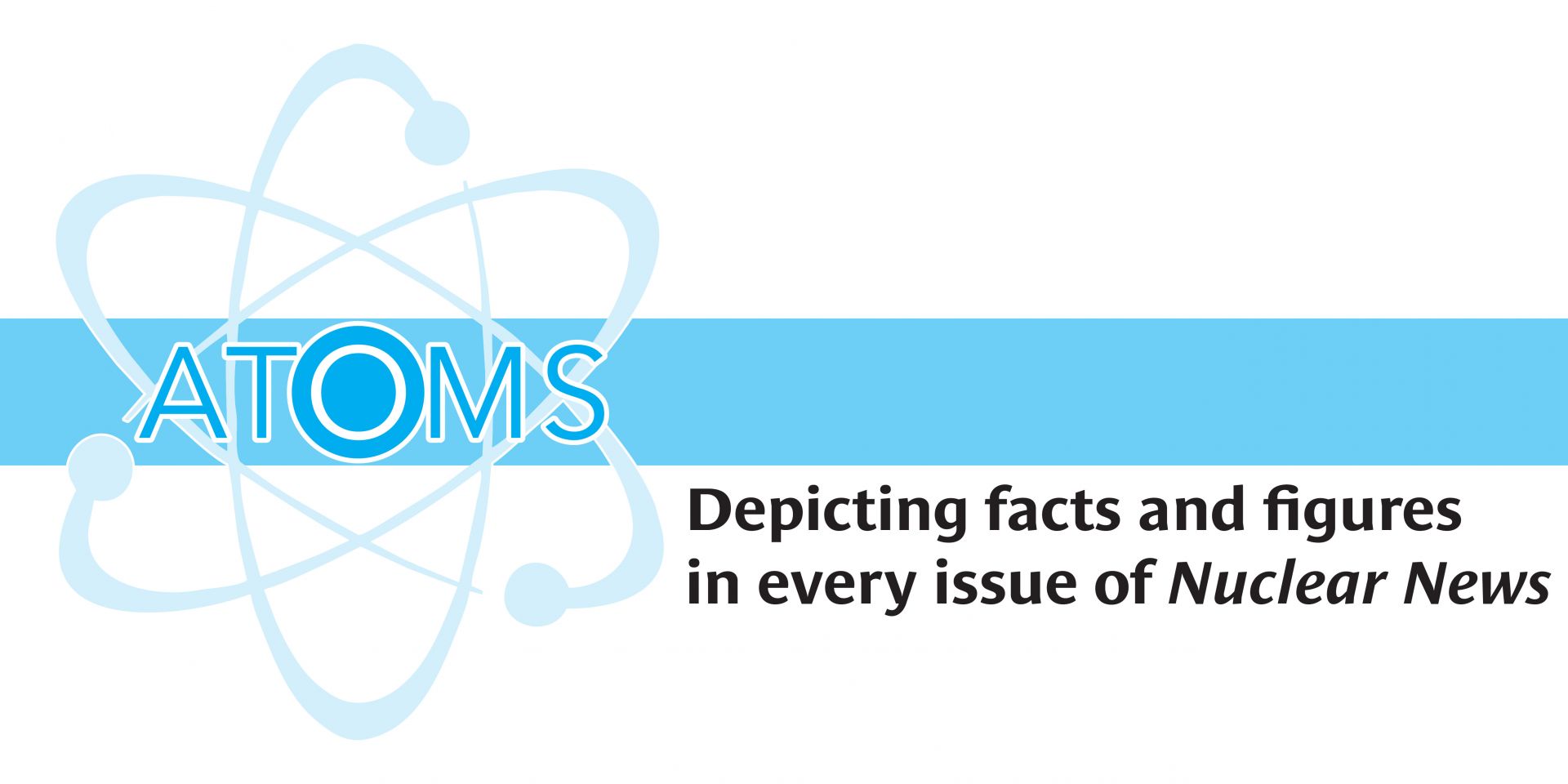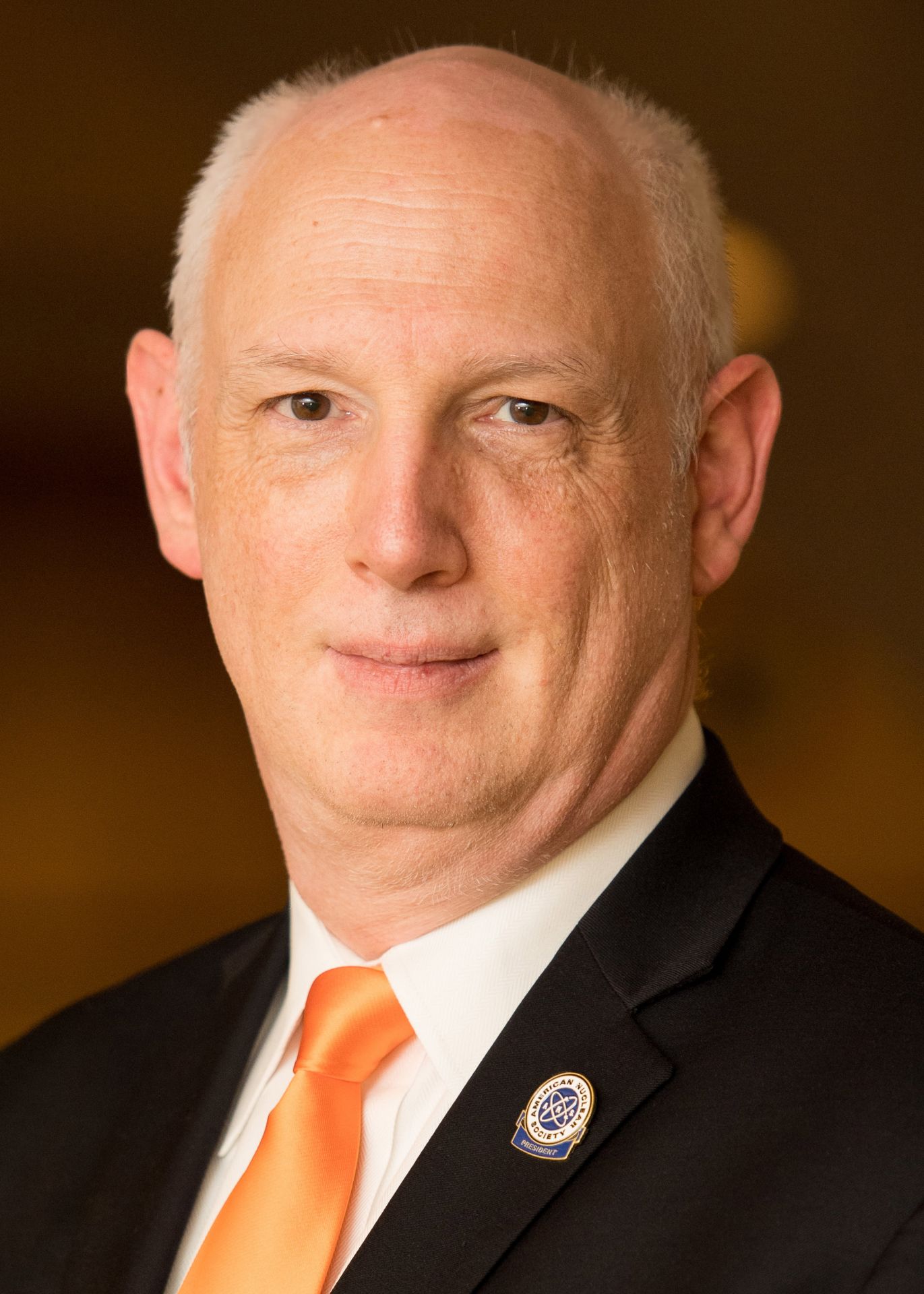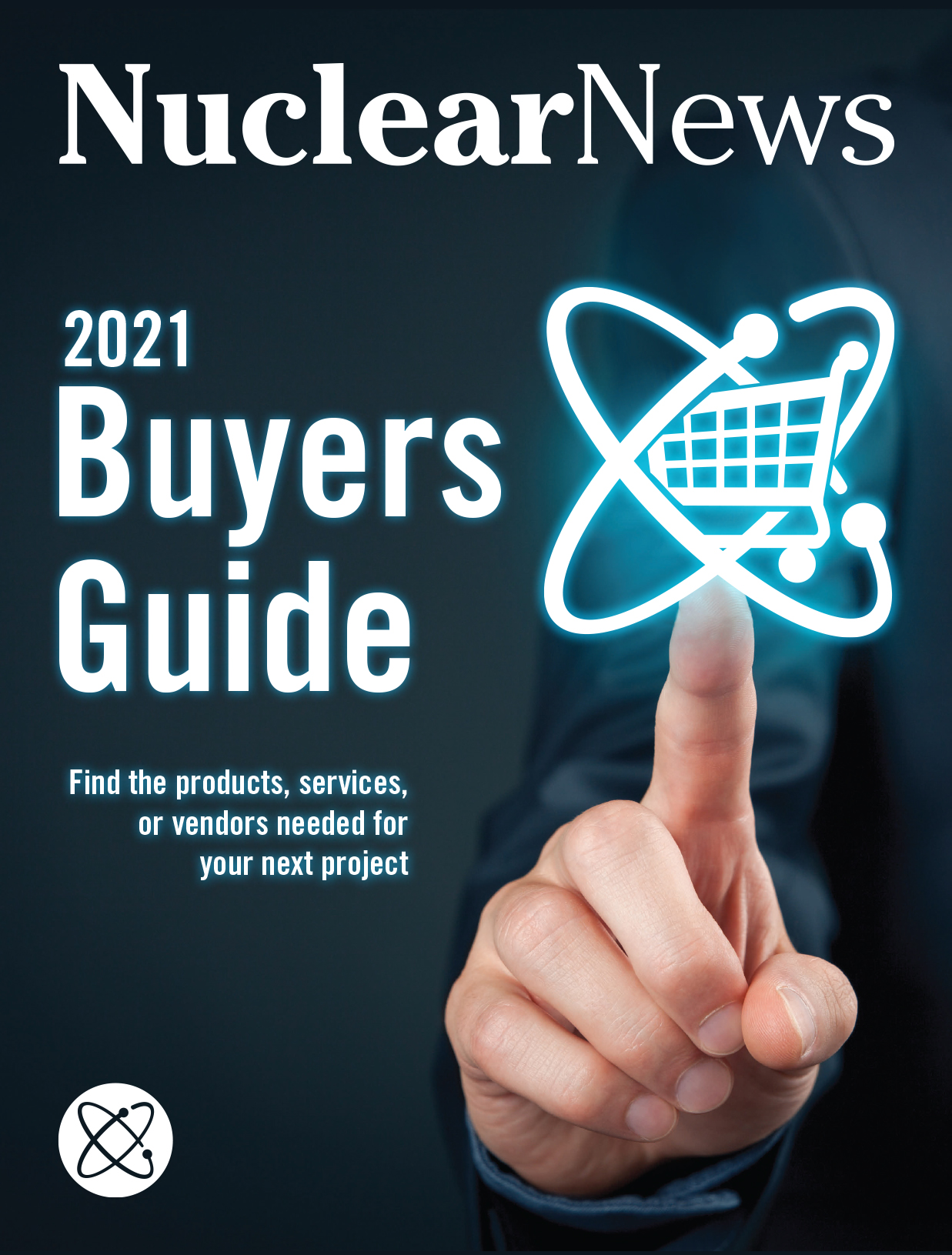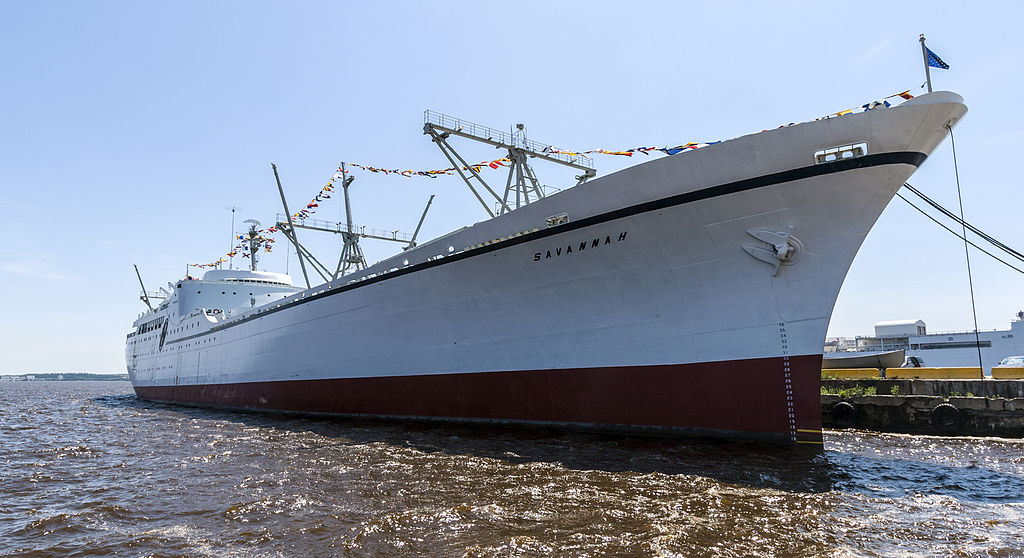Age is just a number

Craig Piercy
cpiercy@ans.org
This month’s Nuclear News pays tribute to the people and projects that keep our nuclear power plants running.
In the nuclear industry, “life extension” is a venerable term that broadly describes the care required to sustain the safe and efficient operation of large, complex energy generation facilities for decades to come, some of which you will read about in these pages.
Of late, however, the general concept of life extension has also taken a firmer hold in our societal consciousness.
Whether we absorb it from Instagram videos about some Silicon Valley techie’s quest for immortality or sense it in one of the thousands of dryly written journal articles documenting our increasing ability to control and change life at the molecular level, the promise of extended life and health has universal appeal—and it’s never seemed more within reach than it does right now.


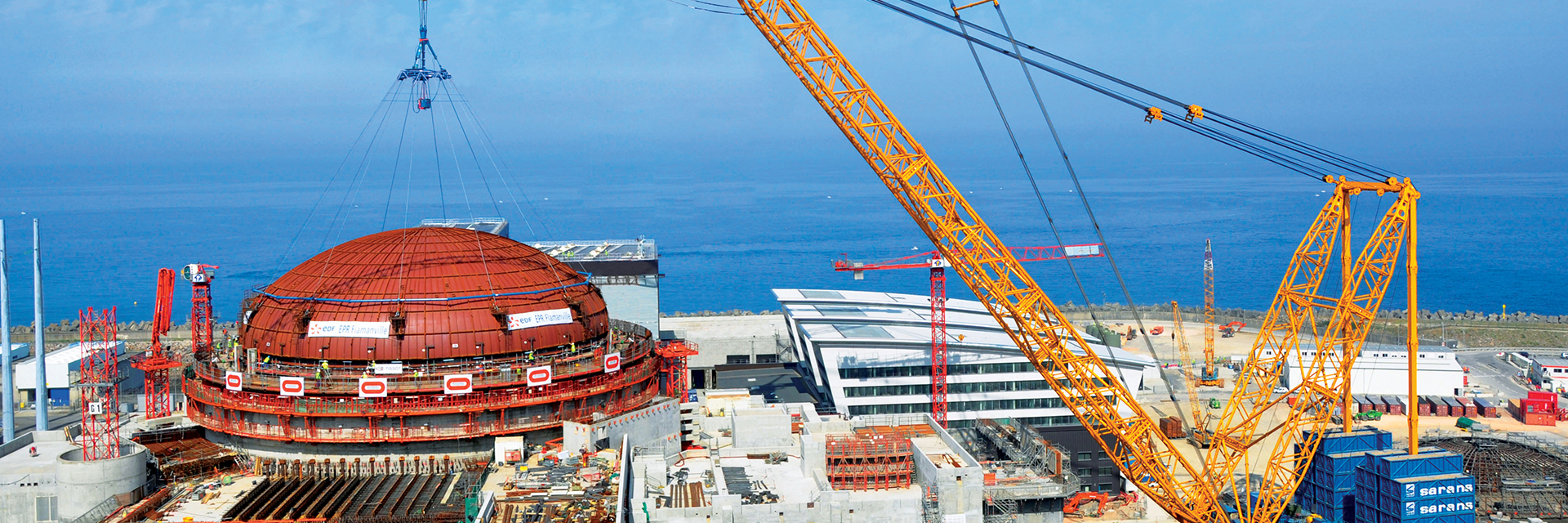

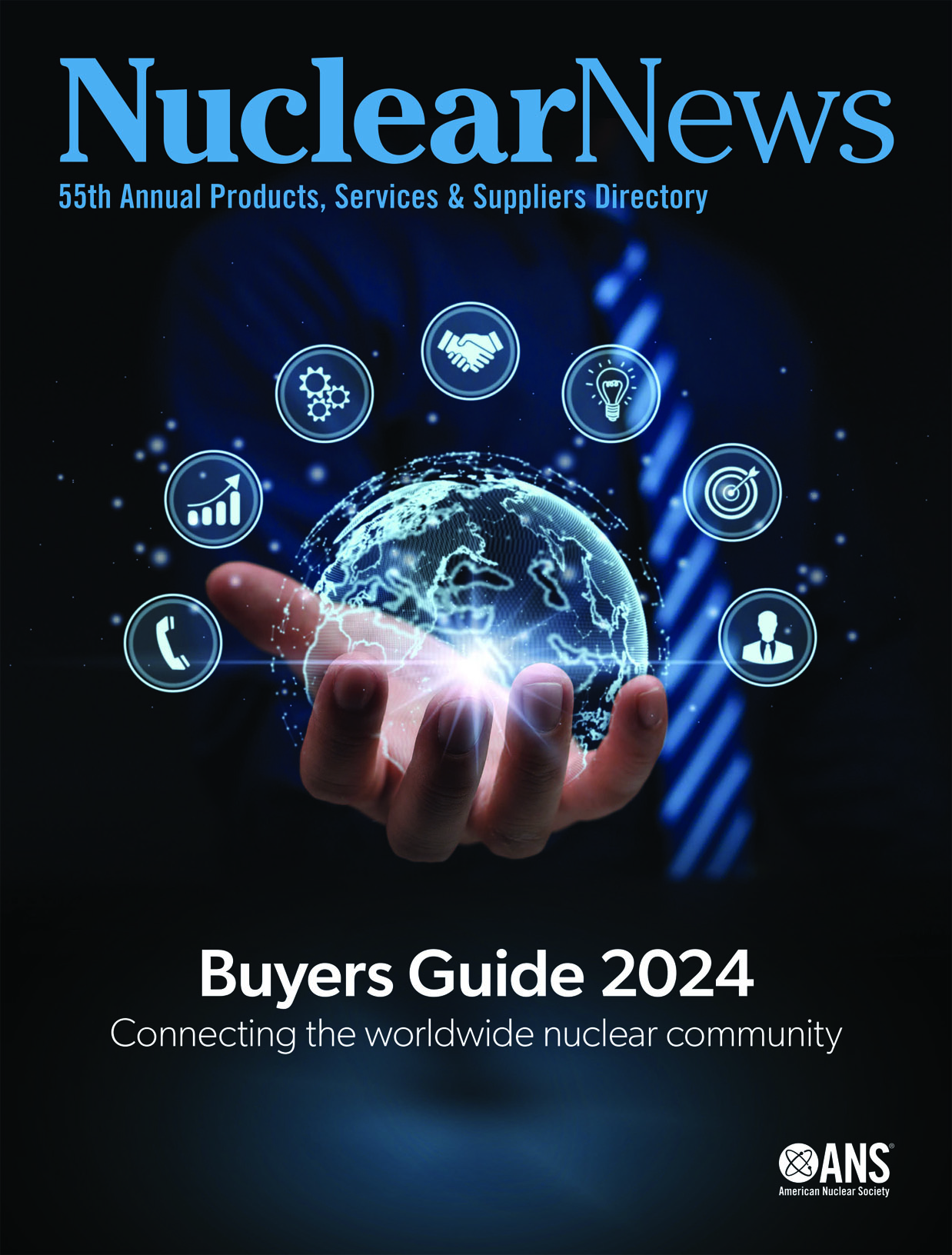 For American Nuclear Society members and Nuclear News subscribers, the 2024 Buyers Guide is now available in the
For American Nuclear Society members and Nuclear News subscribers, the 2024 Buyers Guide is now available in the 